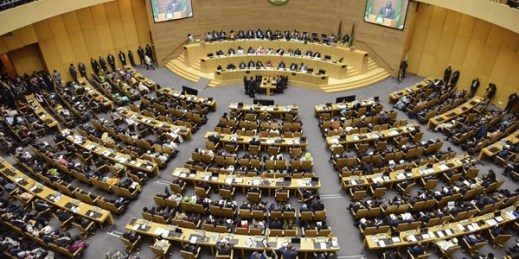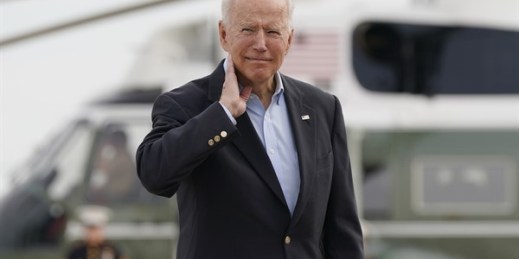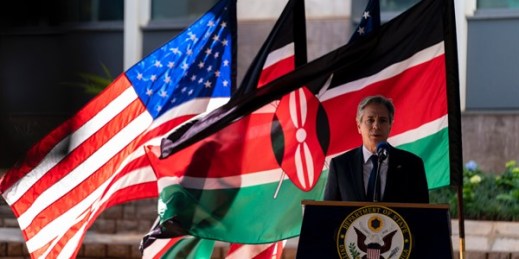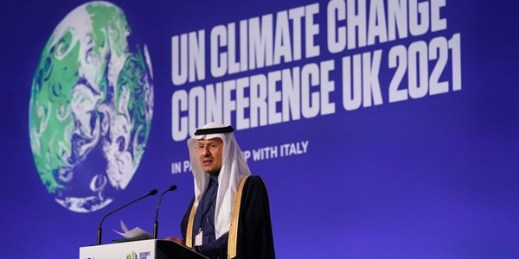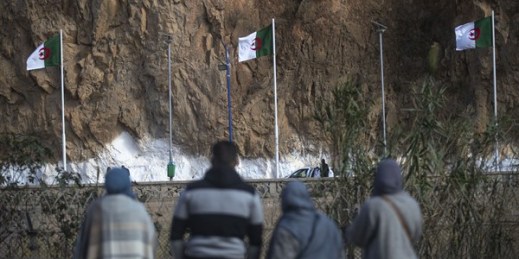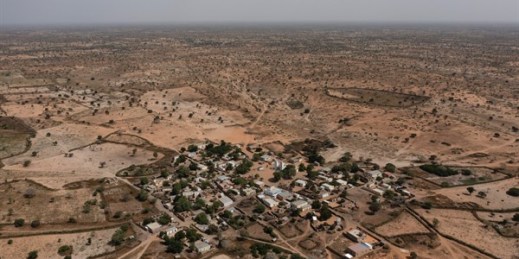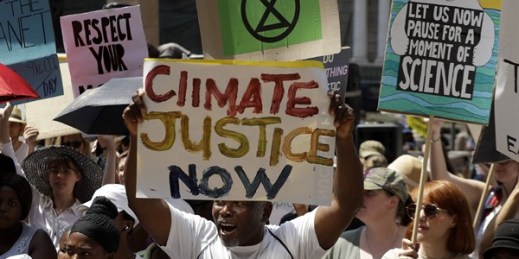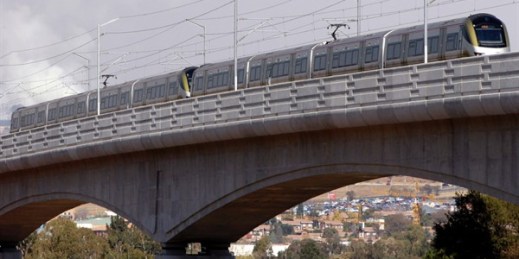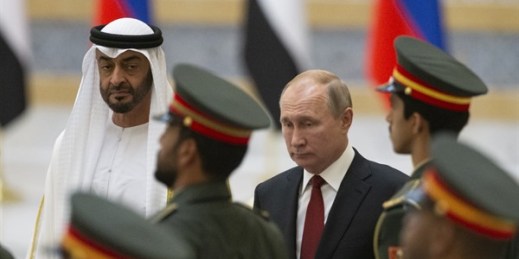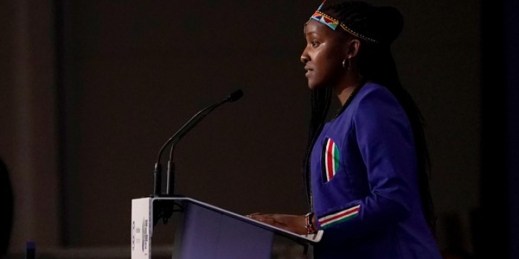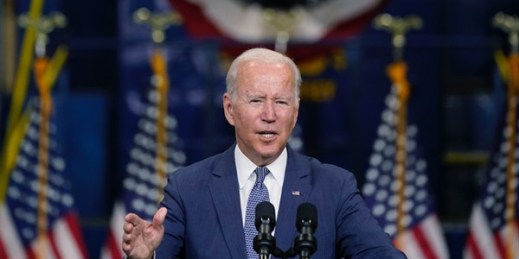
Next week, U.S. President Joe Biden will convene his Global Summit for Democracy, a virtual gathering of global leaders that aims to promote human rights, counter corruption and discuss ways to strengthen democracy against a rising tide of authoritarianism across the world. The event fulfils a campaign promise made by then-candidate Biden to organize a summit of democracies during his first year in office. The gathering has been dismissed in some quarters as a hollow performative exercise, rendered meaningless by the inevitable controversy over the guest list. But arguments about the substance of the summit, as well as which countries were […]

